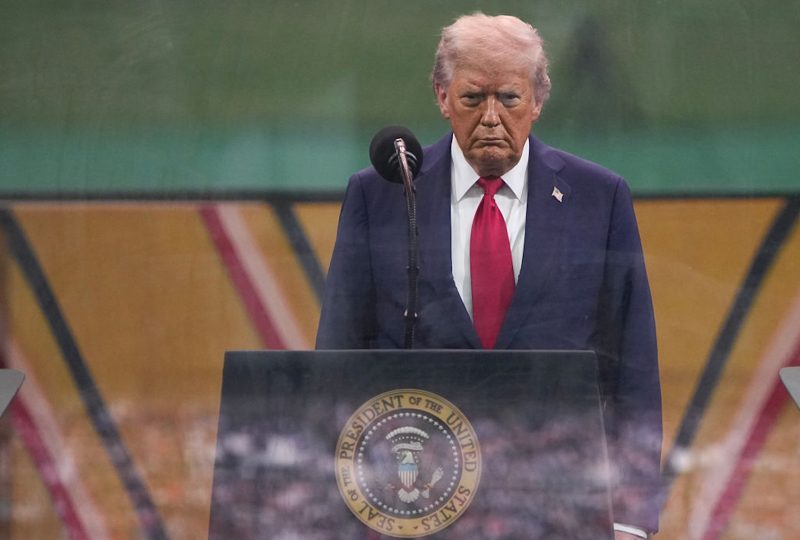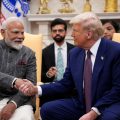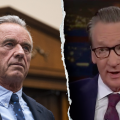
The old adage that ‘politics stops at the water’s edge’ has been thoroughly shattered in the Age of Trump. His presidency, characterized by a focus on self-interest and a disregard for traditional alliances, has left the United States increasingly isolated on the world stage. The recent Shanghai Cooperation Organization (SCO) summit in Tianjin, China, served as a stark reminder of this isolation, with Trump notably absent from the gathering of primarily authoritarian nations. This exclusion, far from being a mere oversight, highlights a fundamental shift in global power dynamics.
This snub likely stung Trump personally, given his admiration for strongmen leaders like Xi Jinping, Vladimir Putin, and Kim Jong Un. His subsequent praise of China’s military parade and sarcastic remarks on Truth Social reveal a mixture of admiration and insecurity. This behavior is a far cry from the unified front traditionally presented by American presidents during times of international tension. Historian Matthew Dallek highlights this troubling trend, noting the crumbling of the post-World War II international order and America’s increasing unreliability in the eyes of its former allies.
The situation is further complicated by the growing alliance between autocratic powers. Michael McFaul, former U.S. Ambassador to Russia, draws parallels to the Cold War, noting the emergence of two distinct blocs: autocracies versus democracies. However, unlike the Cold War, the democratic world appears less unified, while autocrats, spearheaded by Xi Jinping, are consolidating their power and influence. This divergence is exacerbated by Trump’s weakening of American military alliances and the gutting of international economic institutions.
While some, like Paul Poast, associate professor of political science at the University of Chicago, express caution about interpreting the Tianjin summit as a complete realignment, they acknowledge Trump’s growing awareness of his limited international leverage. Even Trump seems to recognize that neither Russia nor China is entirely under his control. However, this doesn’t signal a return to upholding the ‘Liberal International Order’; rather, it reflects a pragmatic acknowledgment of shifting power balances.
The decline of American influence extends beyond the actions of the president. Ryan Wiggins, chief of staff for The Lincoln Project, points to the complicity of Congressional Republicans, who prioritize their own political agendas over the interests of the nation. Furthermore, a lack of public knowledge about foreign policy, fueled by the myth of American exceptionalism, has left the population ill-prepared for the current shift toward authoritarianism.
The potential future painted by this trend is bleak. The rise of autocratic models in countries like Russia and Hungary serves as a warning. Unless America confronts its internal divisions and rediscovers a commitment to its democratic values, the current decline in global influence may well continue, potentially leading to a future far removed from the ideals of American exceptionalism and its historical role as a leader of the free world.










